gravity0
TPF Noob!
- Joined
- Mar 18, 2009
- Messages
- 107
- Reaction score
- 0
- Location
- Dallas
- Can others edit my Photos
- Photos NOT OK to edit
I know that pictures are post processed to make models look better. Blemishes dissapear. I've seen before and after shots of some models that I couldn't believe. From old an d busted to new Hotness. How much goes into post production when singing? In all seriousness. I mean there has to be touch up to everyone in the cut room right? No-one is perfect.


![[No title]](/data/xfmg/thumbnail/38/38265-4b75e7e05f8bf906800580ac7f7ddf60.jpg?1619738549)
![[No title]](/data/xfmg/thumbnail/37/37105-0f1ebcc8381303893e9a7ce0764e86fe.jpg?1619737882)
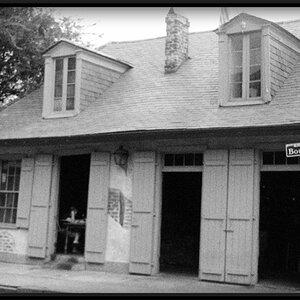
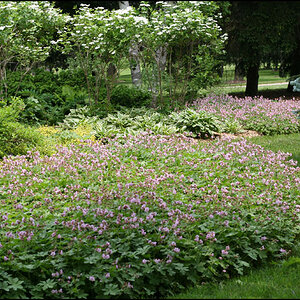
![[No title]](/data/xfmg/thumbnail/37/37107-df85b207aa6d9b7f6b88f682e493a52e.jpg?1619737882)
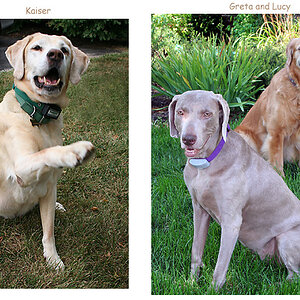
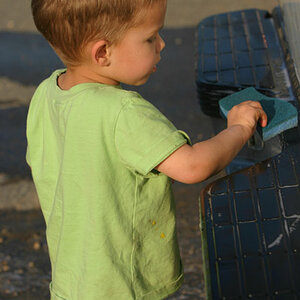


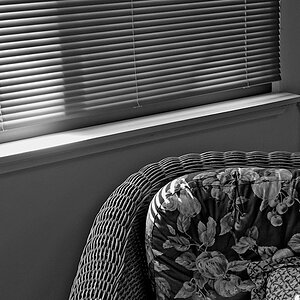
![[No title]](/data/xfmg/thumbnail/37/37108-62307f01c11ef92f5655ed4501d565ce.jpg?1619737882)
